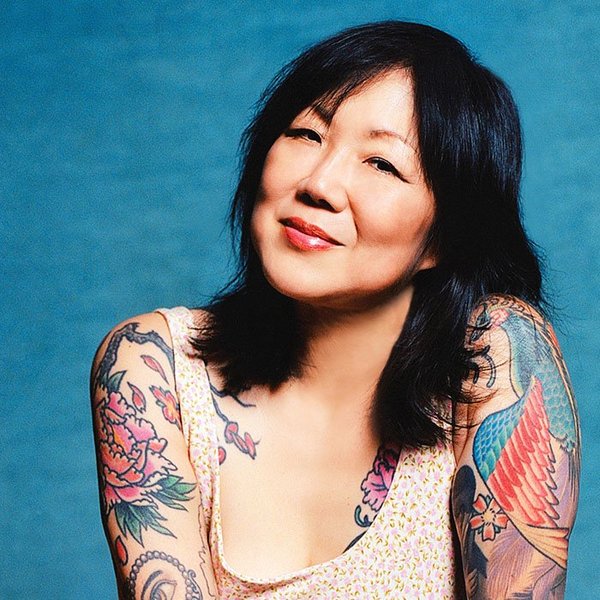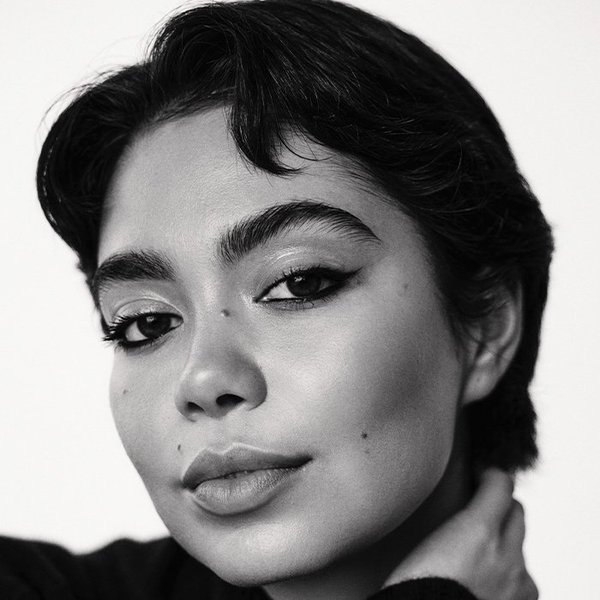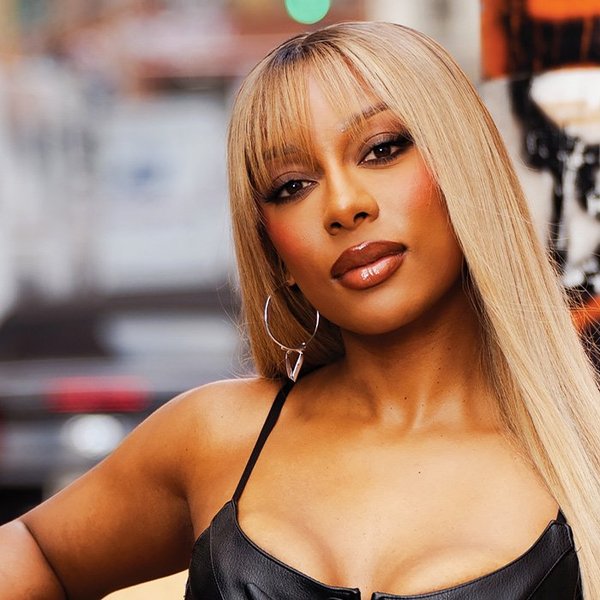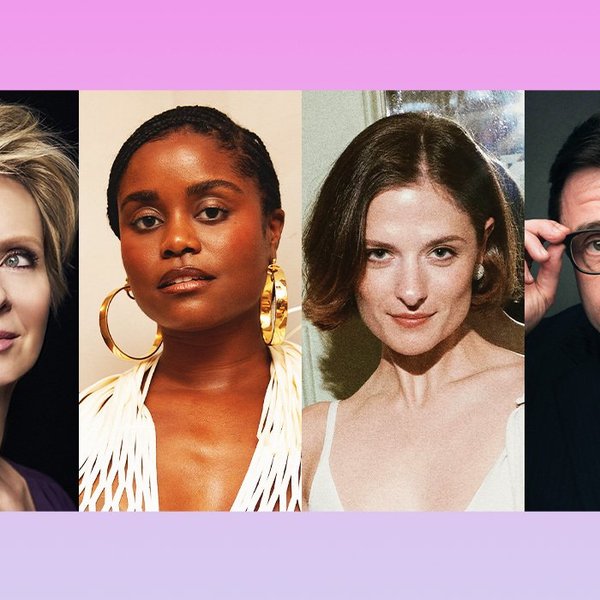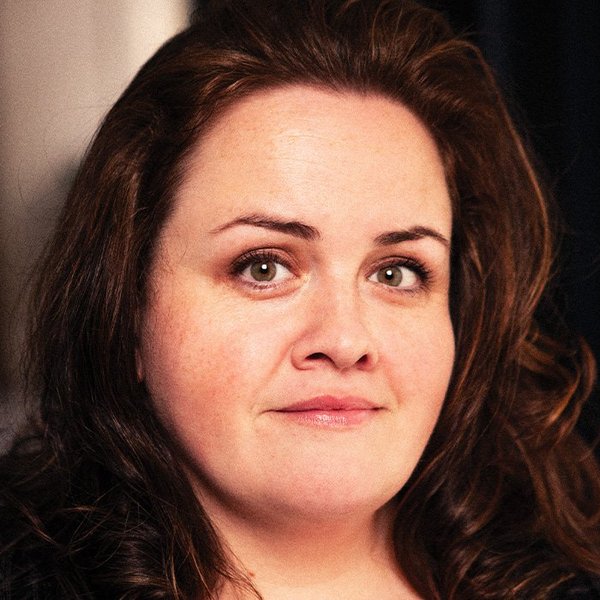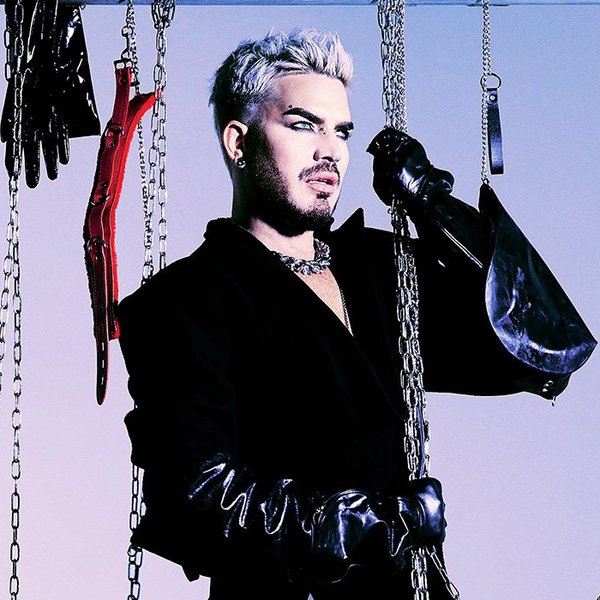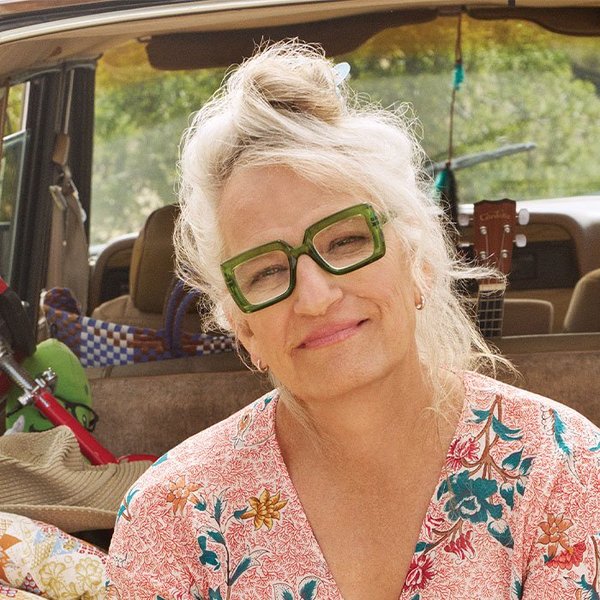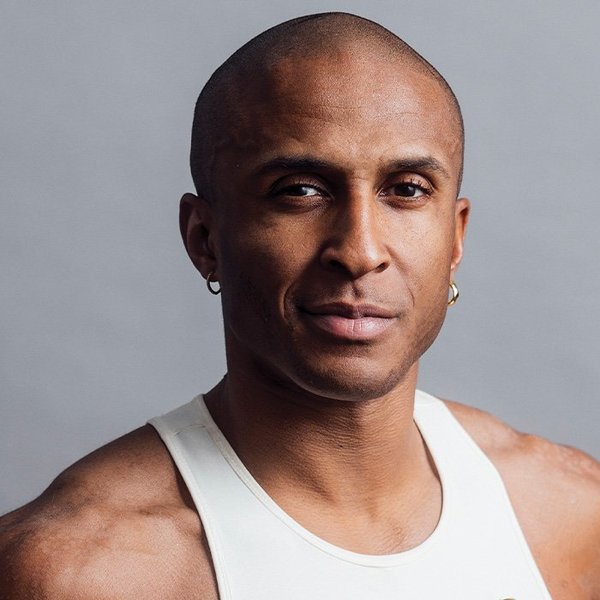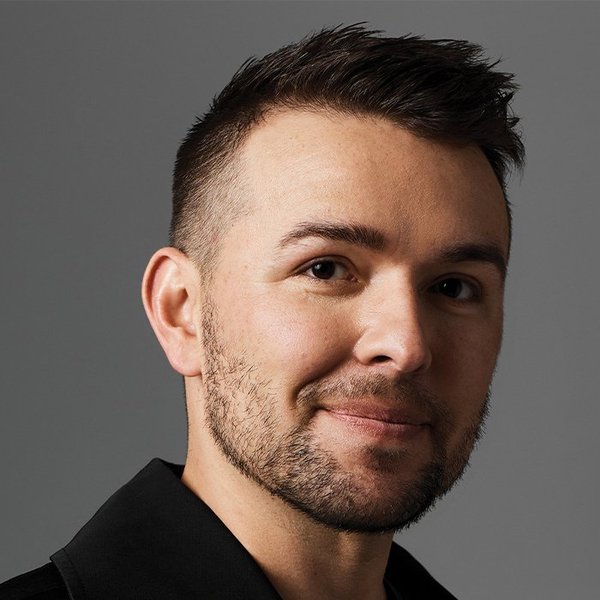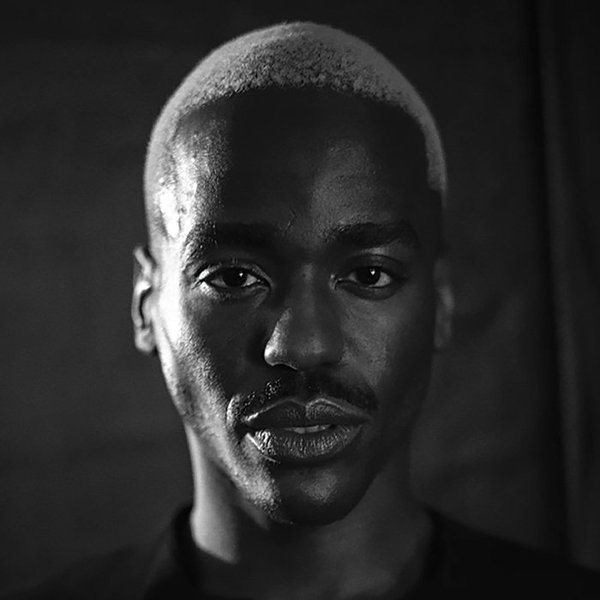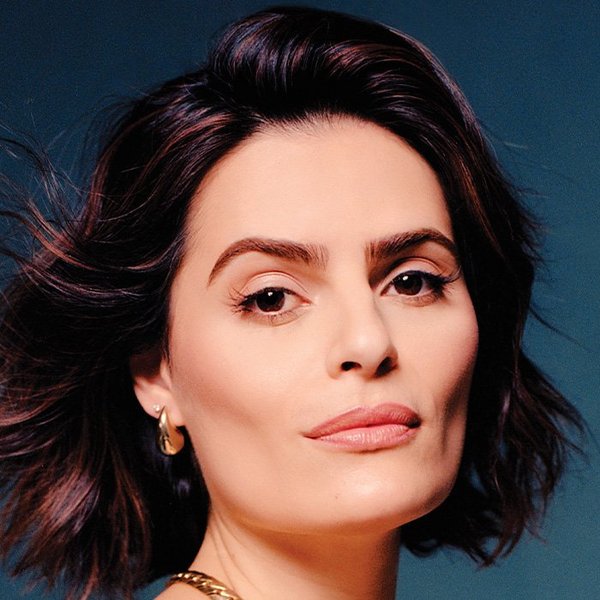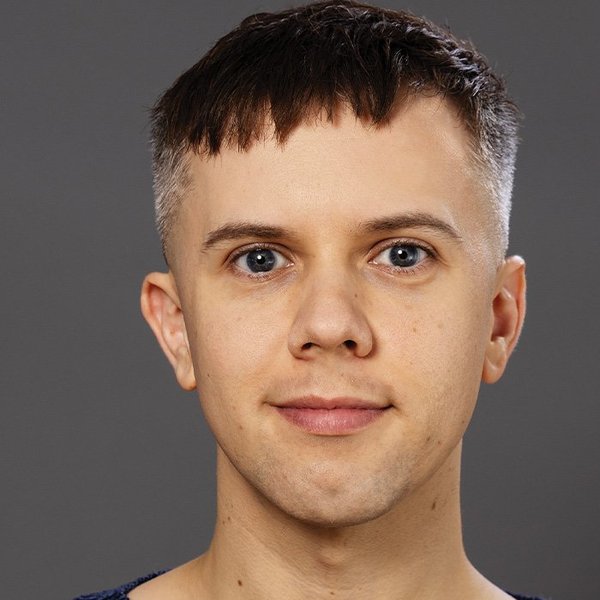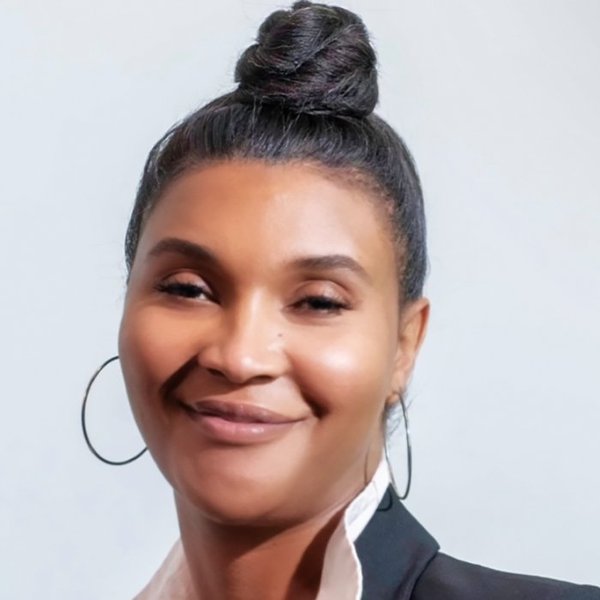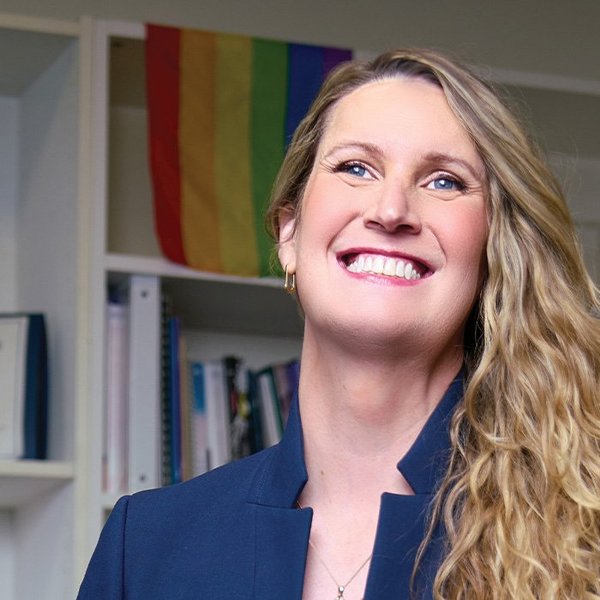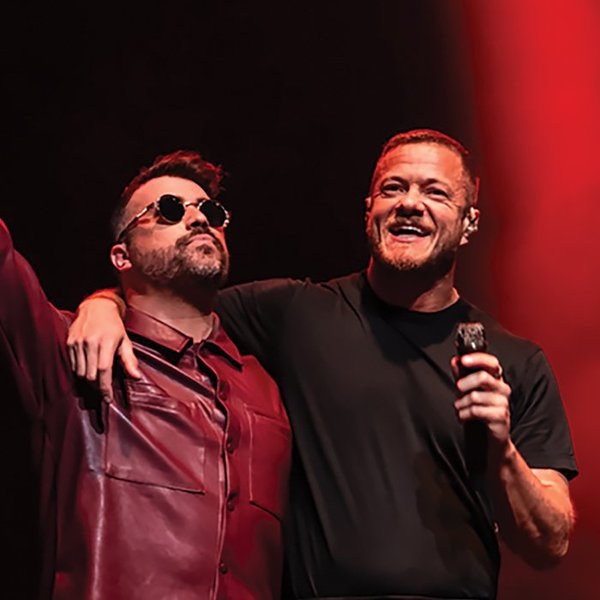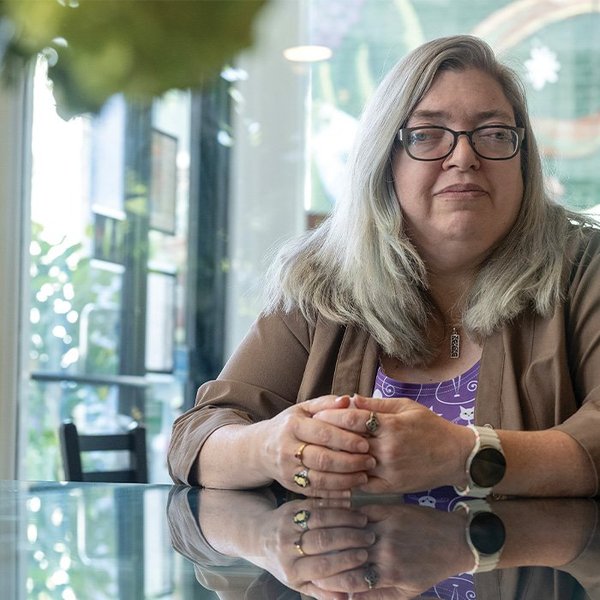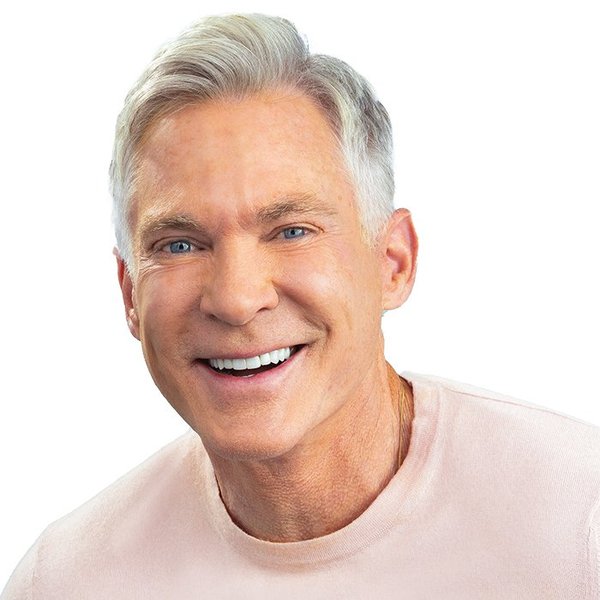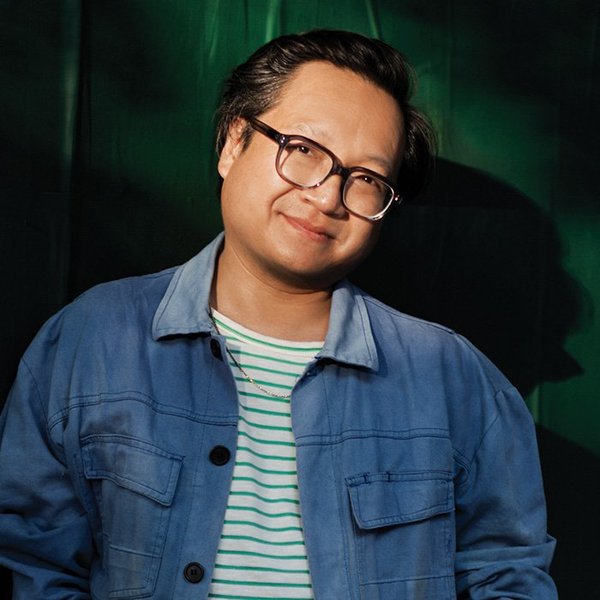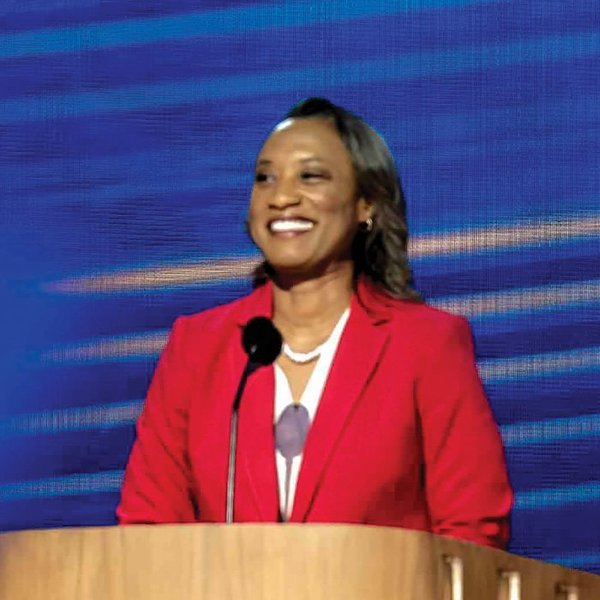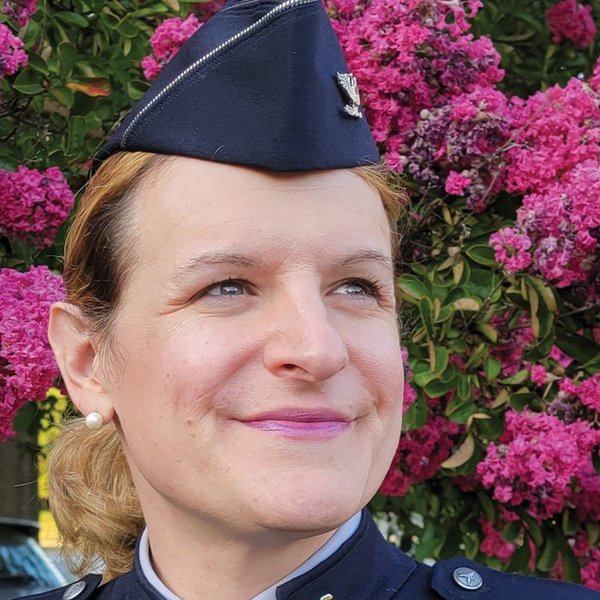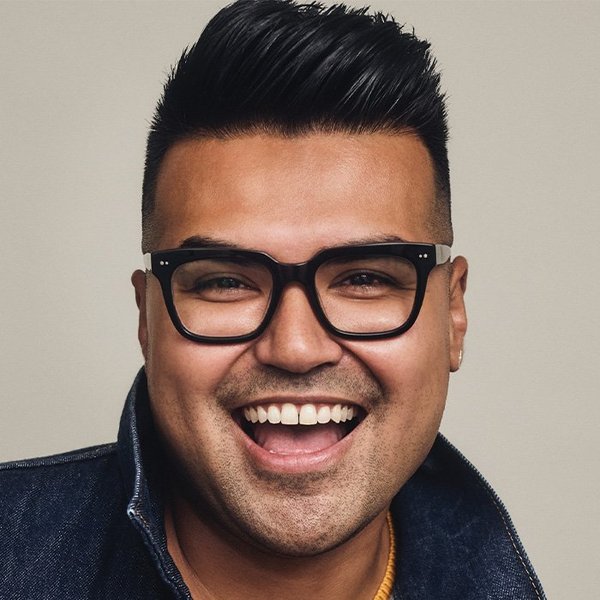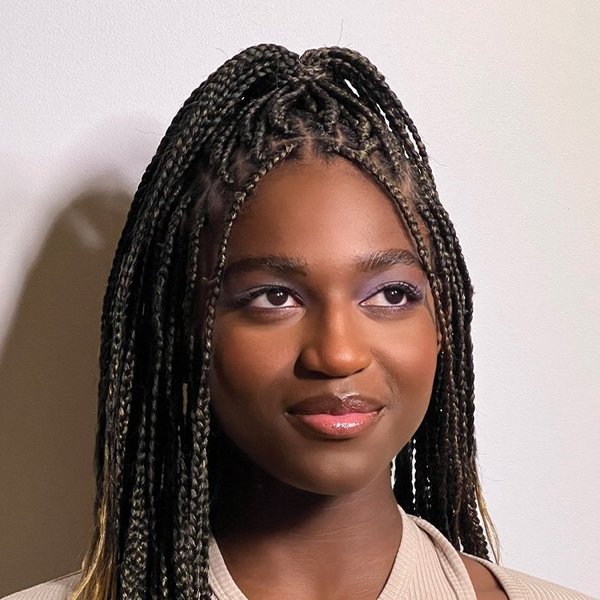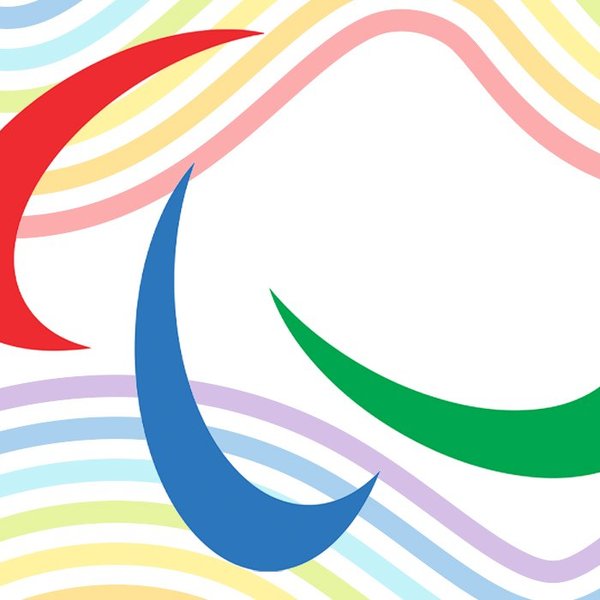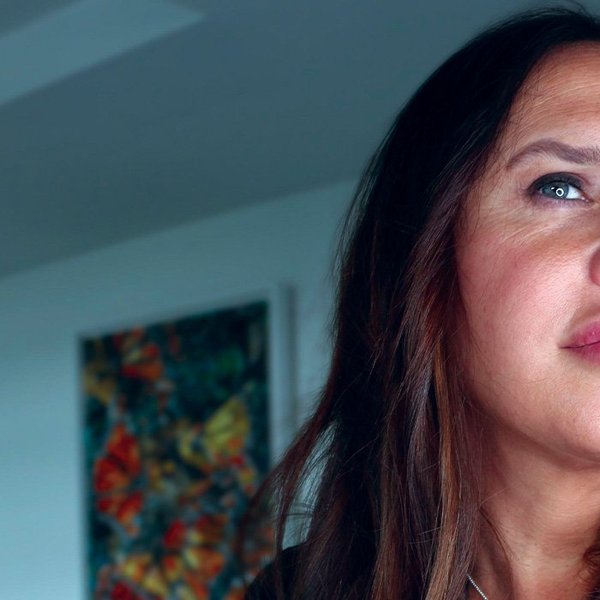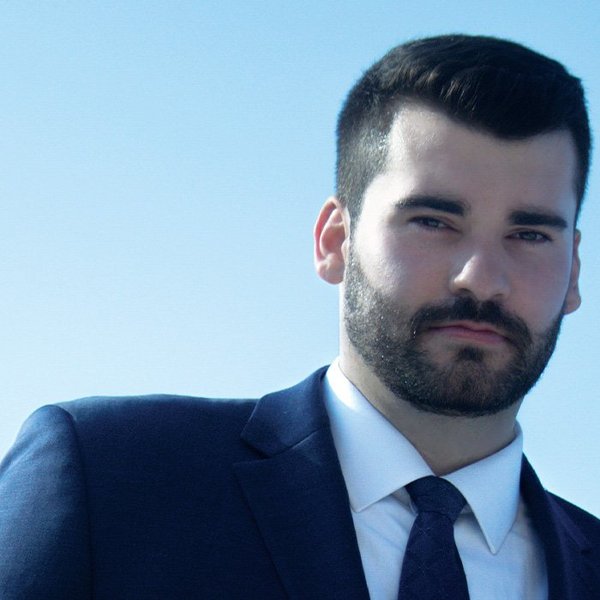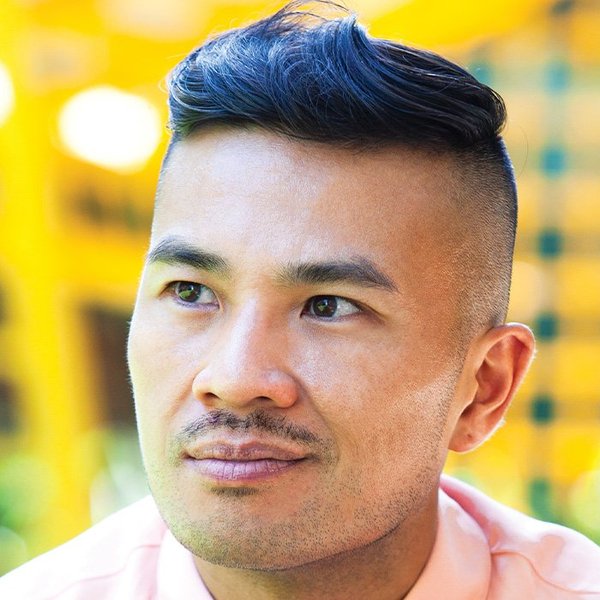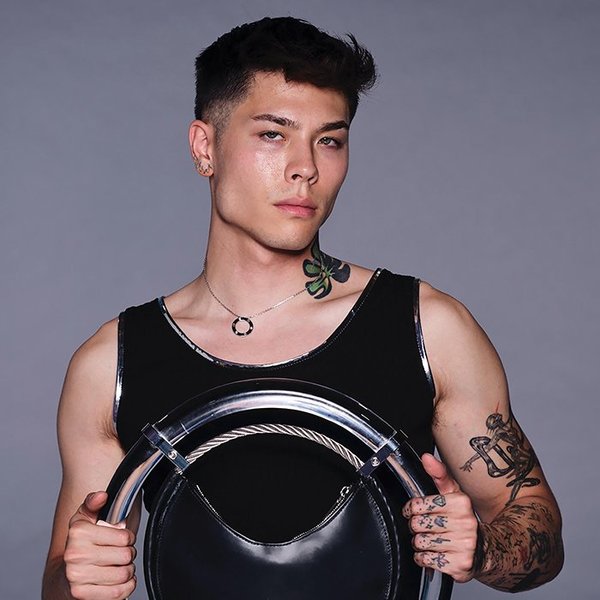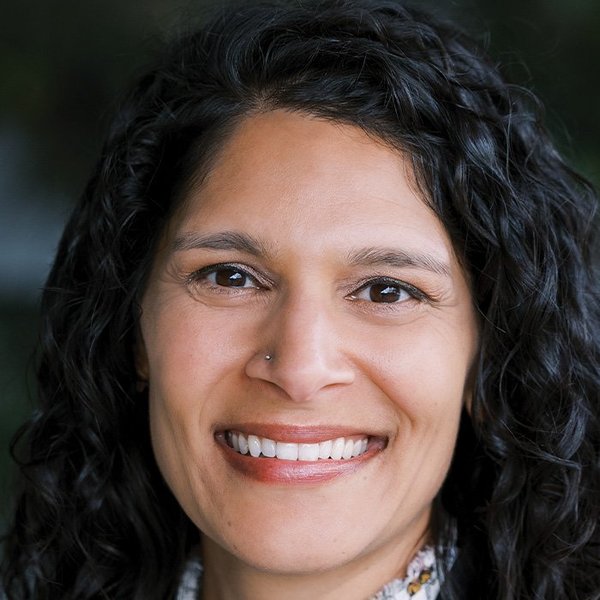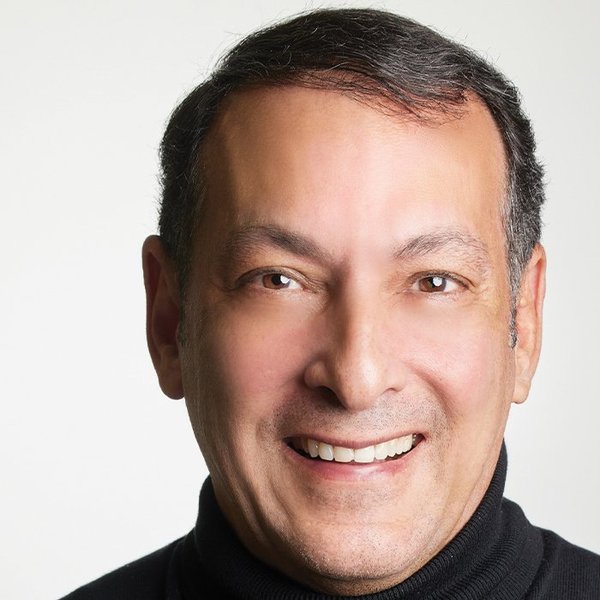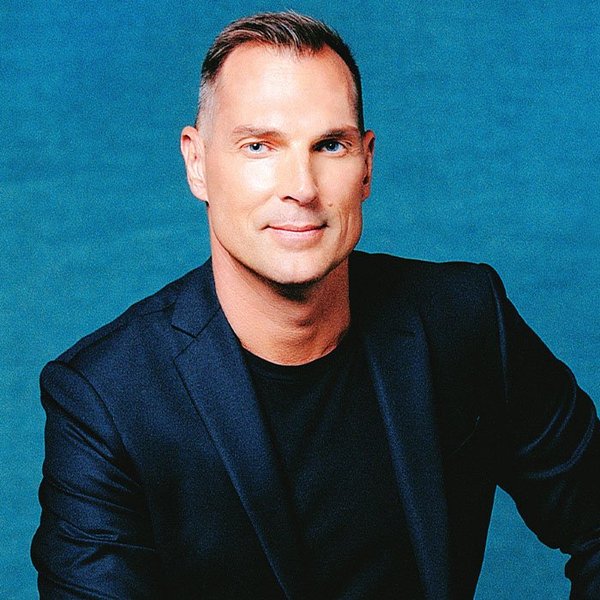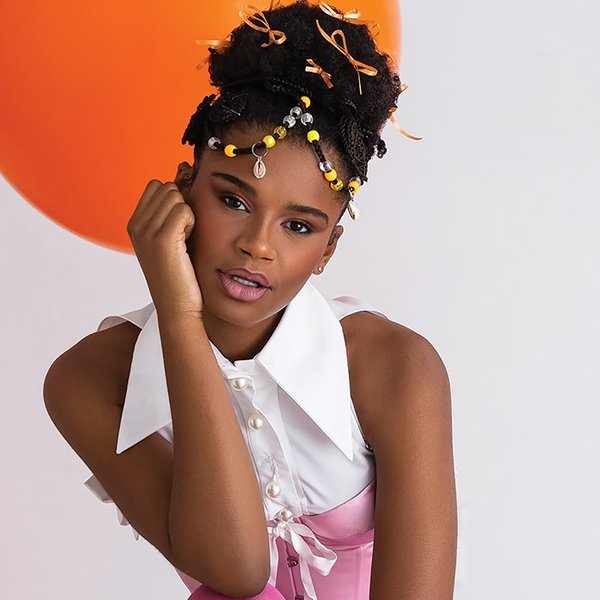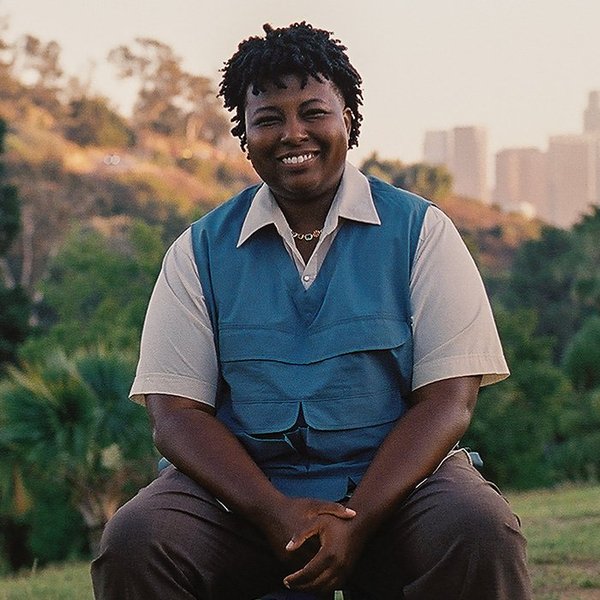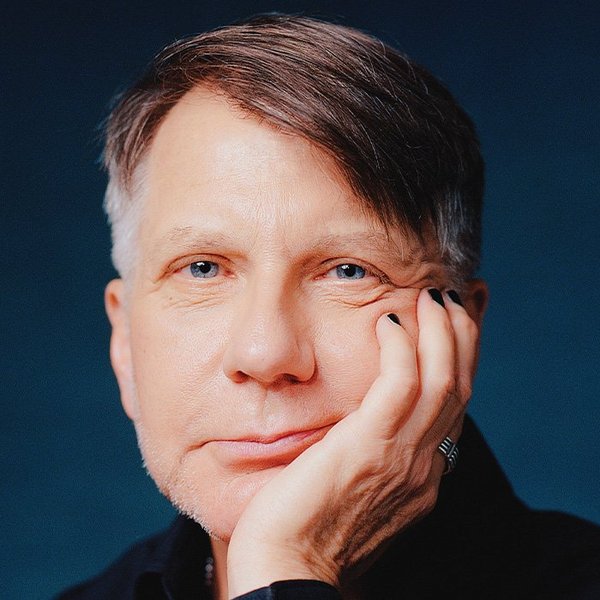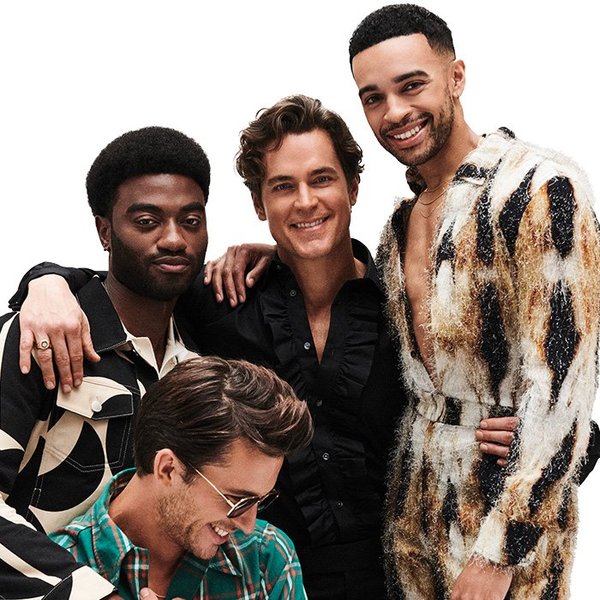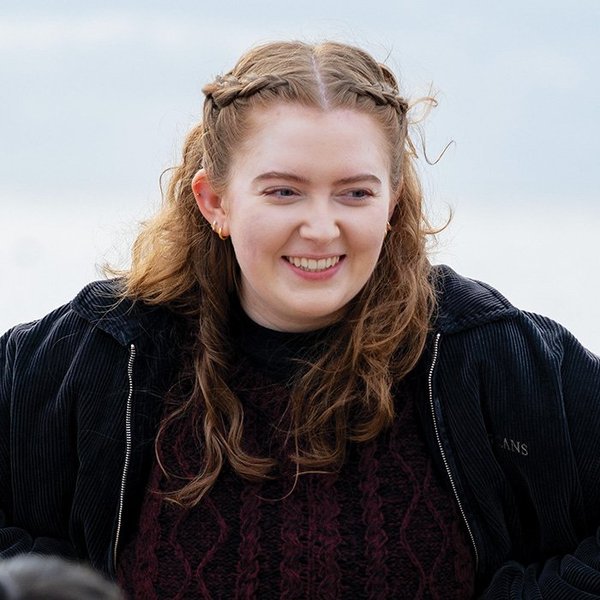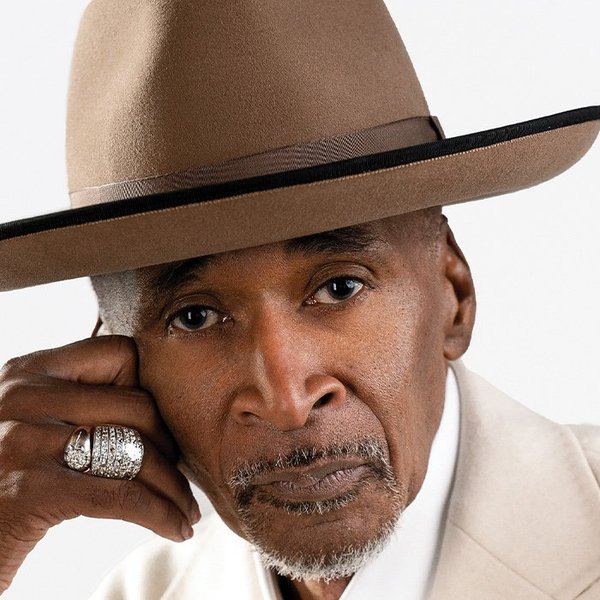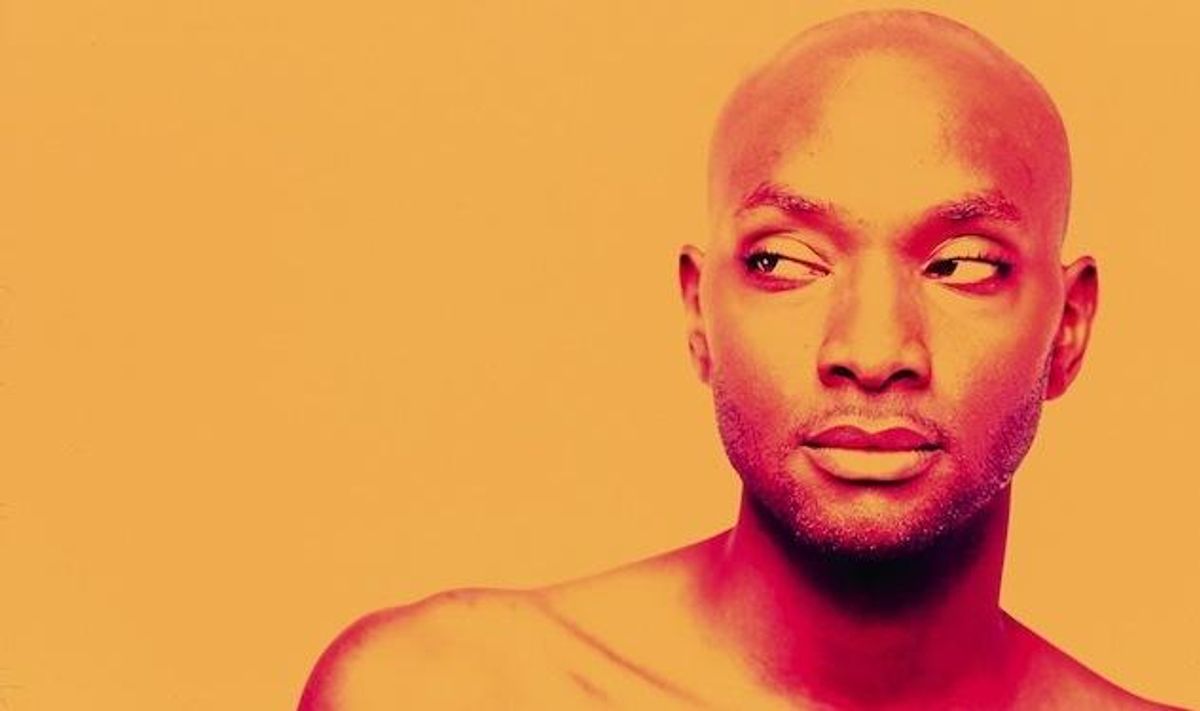
Where Are They Now: Patrik-Ian Polk
The director made waves by sharing the African-American gay male experience on TV, now he thinks he's discovered the 'black Chris Colfer'
Photography by Anthony Caravan
If you enjoyed watching Darryl Stephens or Jensen Atwood pine for each other on Noah's Arc--which spawned two seasons and a movie--you know you have Patrik-Ian Polk to thank. Last included in the 2005 Out100 portfolio when the show premiered on Logo, few have done as much to promote gay African-American men in popular culture, both in film and television, as he has. His latest film, Blackbird, starring Isaiah Washington and Mo'Nique, is making its rounds on the festival circuit ahead of its March 2015 release date.
Adapted from a book of the same title, Blackbird tells the coming-of-age story of a gay black teen grappling with his sexuality while submerged in one of the most conservative environments imaginable -- a religious family in the Deep South. Though Larry Duplechan's (the original author) telling of the story had it taking place in 1970s California, Polk fast-forwarded the storyline and overlaid it on present-day Hattiesburg, Miss., his own hometown.
"I left Mississippi after high school and went to college in Boston, and there was a big bookstore in Harvard Square. They had a whole shelf that was gay and lesbian. I'd never seen a gay and lesbian section," Polk told Michael Musto earlier this year. "There was one book that had an illustration of an African American on the spine. It was Blackbird. I'd read other gay novels, but this was the first black coming-of-age novel. I don't know if I'd call James Baldwin's work coming-of-age stories. I fell in love with the book and knew it would make a great film someday."
The lead character in the film is named Randy Rousseau, and he is played by newcomer Julian Walker. Polk said he had to trudge through nervous and hesitant actors before the freshman from the University of Southern Mississippi arrived. "He hasn't had the time to develop a lot of the internalized homophobia that those of us who are a bit older grew up with," Polk said, explaining that he's a true example of the "OK to be gay" mindset of the younger generation, and that he's poised to become the black Chris Colfer.
"When I started off as an artist, I wanted to tell stories that were of interest to me," Polk said, "which became a focus in the stories I wanted to see on-screen." Polk remembers that, while growing up, there wasn't very much gay anything on television or in film, and when it started permeating bit by bit, it was still predominantly white. "I've seen counterparts -- white gay filmmakers, who come up exactly at the same time as I have, but there's more acceptance from Hollywood for them." Polk laments that black filmmakers have it hard enough without the gay stamp, but he seems to be making strides in the right direction, but he remains hopeful.









